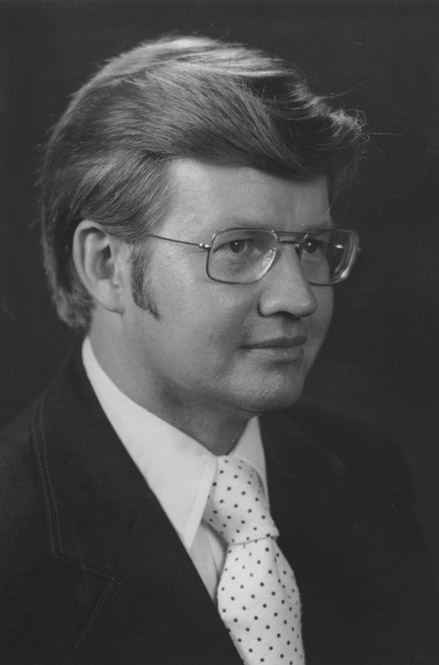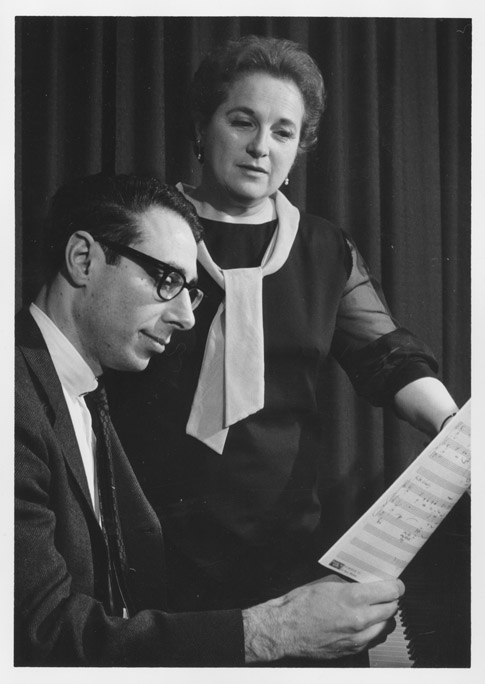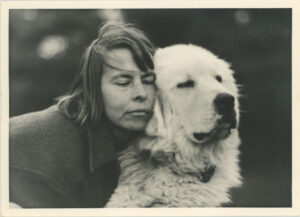Rick Sullo was born on February 16, 1943, in East Boston, son of Marco and Caroline Cianfrocca Sullo. His father was a printer and wedding photographer, and at an early age Sullo often held a flash as his father took photographs. His passion for photography began then and continued all his life. Following in the footsteps of his father, Sullo learned the trade of printing. Early in his career, he was employed as a journeyman printer, working first at Colonial Printing in Malden, then at the Home News in New Brunswick, New Jersey, and the Boston Globe. In the 1960s, Sullo was a staff photographer for Broadside of Boston magazine, a key resource in New England for folk musicians and their fans. He covered performances in the Cambridge and Boston areas as well as events such as the Newport and Pennsylvania Folk Festivals, photographing Mississippi John Hurt, Bob Dylan, Janice Joplin, Maria Muldaur, Taj Mahal, and other well-known musicians. By the 1970s, Sullo returned to printing, joining the sales department of Acme Printing Company of Wilmington, where he collaborated with publisher Little Brown to produce books by well-known photographers such as Ansel Adams and Elliott Porter, and with author/ illustrator Chris Van Allsburg on Houghton Mifflin’s The Polar Express, Just A Dream, Two Bad Ants, and many other titles. After working 18 years in the printing business, retired and spent his remaining years focusing on his family and maintaining and improving their home on Martha’s Vineyard. Sullo met his wife Alice “Ali” Keefe of Cambridge, on May 1, 1966; the couple married on May 1, 1971. During the intervening years, they joined Volunteers in Service to America. They served as VISTA volunteers in Somerville, New Jersey, working in conjunction with the Somerset County Community Action Program. Rick Sullo died on April 3, 2024, at his summer home in Oak Bluffs, Martha’s Vineyard.
The Rick Sullo Photograph Collection features negatives and contact sheets capturing musical events and performers, including Newport Folk Festival (19641964-1966, 1968-1969), Winter Fest (1966-1967), Pennsylvania Folk Festival (1965), Taj Mahal, Nancy Michaels, Chris Smither, and Siegel-Schwall.
Gift of Ali Sullo, 2025.





